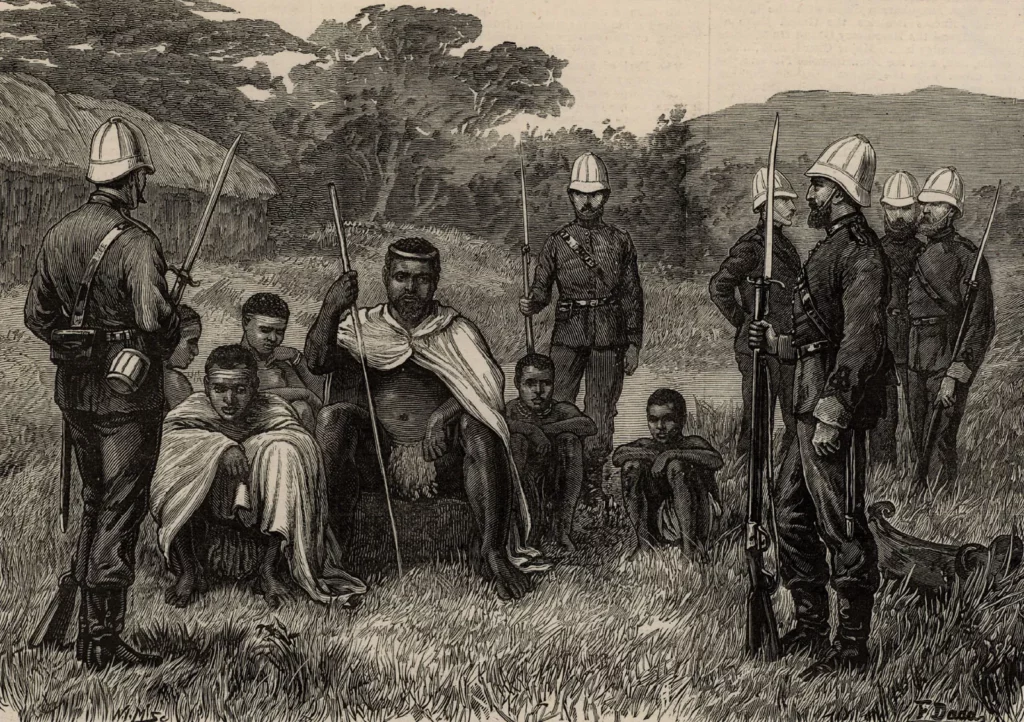
Africa, a continent rich in cultural diversity, natural resources, and historical significance, has embarked on a remarkable journey of decolonization, reclaiming its sovereignty and shaping its destiny. The process, which began in the mid-20th century, has seen African nations assert their independence, revitalize their cultures, and forge new paths toward self-determination and prosperity.
Decades of colonial legacy:
The decolonization of Africa has been a complex and multifaceted endeavor, marked by struggles, negotiations, and the collective determination of its peoples. Following centuries of colonization by European powers, Africa found itself fragmented and exploited. The mid-20th century saw a wave of movements and leaders advocating for independence, sparking a significant shift in the continent’s trajectory.
Landmark achievements and challenges:
Since the 1950s, African nations have achieved remarkable milestones in their quest for autonomy. Ghana, formerly the Gold Coast, led the way in 1957 under the leadership of Kwame Nkrumah, becoming the first sub-Saharan African country to gain independence. This achievement inspired other nations to follow suit, resulting in a wave of decolonization that swept across the continent.
While progress has been made, challenges persist. Many African countries inherited deeply entrenched economic disparities, political instability, and social inequalities from their colonial past. The legacy of arbitrary borders, drawn without consideration for ethnic and cultural divisions, continues to influence the continent’s geopolitical landscape.
Cultural resurgence and identity:
Decolonization has also fueled a resurgence of African cultures and identities. Countries have embraced their heritage, languages, and traditions, leading to a renewed sense of pride and unity. Efforts to reclaim indigenous knowledge, art, and languages have flourished, strengthening the bonds between communities and fostering a sense of shared history.
Economic empowerment and regional integration:
African nations have recognized the importance of economic self-sufficiency and regional cooperation. Initiatives like the African Union (AU) and the African Continental Free Trade Area (AfCFTA) have been established to promote economic integration, trade, and development across the continent. These endeavors aim to reduce dependence on former colonial powers and foster a more equitable distribution of resources.
Looking ahead:
As Africa continues its journey of decolonization, the road ahead is both promising and challenging. The next phase involves addressing pressing issues such as governance reform, sustainable development, and equitable resource management. By harnessing the power of its youth, embracing technological innovation, and fostering international partnerships, Africa is poised to shape its destiny on its own terms.
Decolonization is not only a political process but also a deeply cultural and societal transformation. As Africa reclaims its narrative and forges its own path, the world watches with anticipation, recognizing that the continent’s progress is intrinsically linked to the global advancement of justice, equality, and human rights.
In history, Africa’s decolonization stands as a testament to the resilience and determination of its people. As each nation navigates its unique challenges and opportunities, the collective journey toward a more prosperous and harmonious continent continues to unfold.
